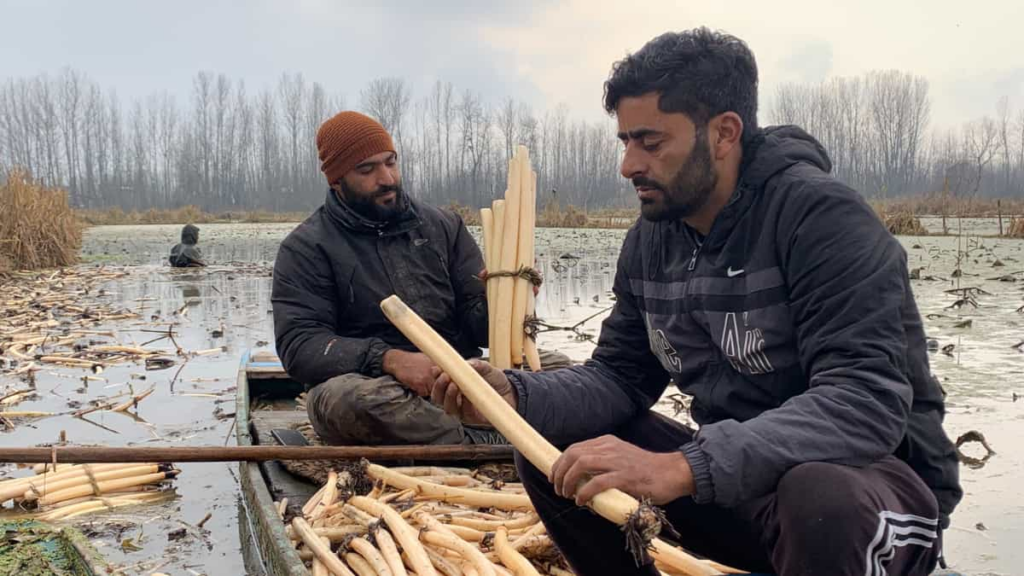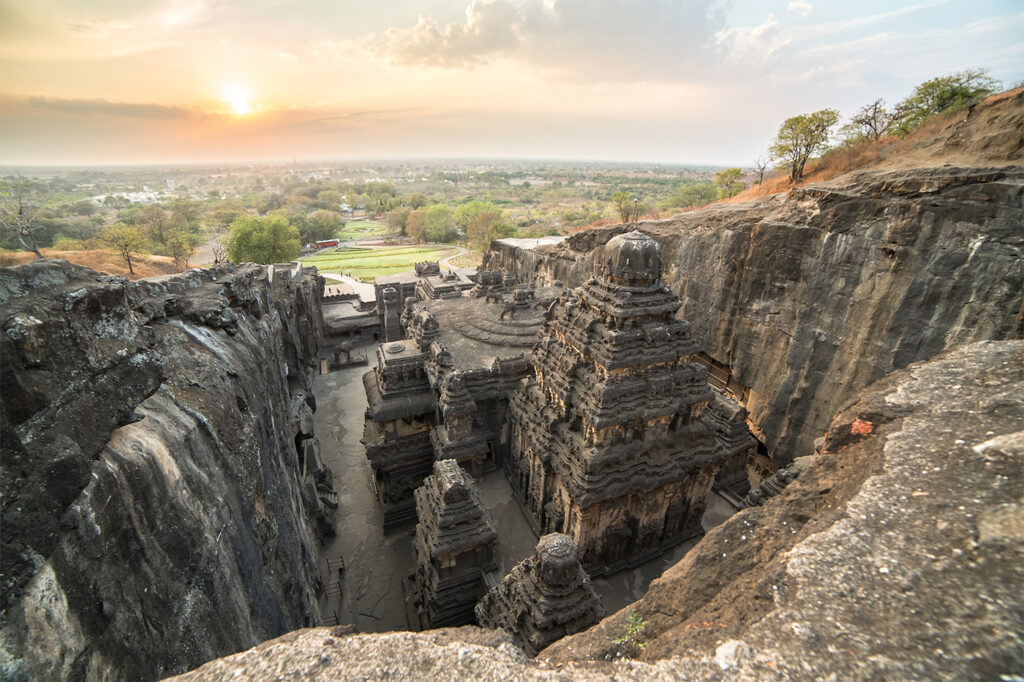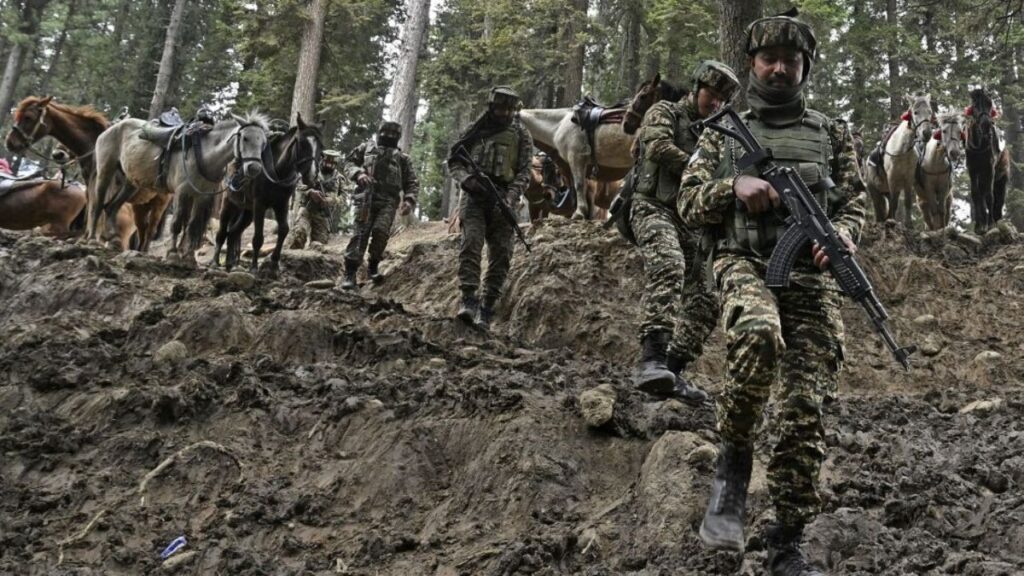
Braving severe cold, these farmers jump into frozen lake in Kashmir to harvest lotus stems
As Jammu and Kashmir is witnessing one of the coldest winters with temperatures recorded below freezing point across the Valley, the men involved in the lotus stem harvest are braving these intense cold wave conditions and sometimes even breaking the ice before jumping into the water bodies to take out the lotus stems.
The lotus stem, popularly known as Nadru in Kashmir, is one of the most consumed winter delicacies. But little do the people know the hard work that goes behind harvesting these lotus stems. Hundreds of people living close to the Anchar Lake in Srinagar are involved in the farming of lotus stems. And it’s during the ‘Chillai Kalan’, the peak of the cold wave, when these lotus stems are harvested. People take shikaras to go into the interiors of Anchar Lake and jump into the freezing waters to take out the lotus stems.
”I have been doing it for over 15 years, and we did not have waterproof gear at that time, and we used to go without it. Our bodies would go into hypothermia without the proper gear. In May, June, and July we start cleaning the lake; our hands get injured during that time, and in the winter during the harsh cold, the harvest gets ready, and we start the process. This is a lot of hard work. When the lake freezes, we first come with the oars to break the ice and make openings and then jump into the water to harvest the lotus stem. I can’t even explain to you what my condition is right now, as my hands have gone completely numb due to the cold,” said Mohamad Altaf Khanday, a lotus stem farmer.
Watch | Elon Musk’s Net Worth Soars Past $400 Billion After SpaceX Boost
Lotus stems are an important part of Kashmiri culture and cuisine and are eaten during the Nowruz festival, which celebrates the Persian New Year. The Kashmiri chefs and homemakers often make lotus stem dishes along with fish, lentils, spinach and one of the most favourites, yakhni (curry made with curd).
”It’s very difficult work. We are working in minus-degree temperatures, and that too inside water. Around 90 per cent of the people living in this area are involved in lotus stem farming. This is our only source of income. The more people, the more we can harvest. We harvest during the winter. I am grateful that you have come here, and you will show people how much hard work we put into this. Although we are thankful that it gives us good profit,” said Irshad Ahmad, a farmer.
It is an art to harvest the lotus stems, as these farmers jump into frozen lakes and check with their feet where and which lotus stem is ready for harvest. Some of these people have been doing it for decades. And so far, no machinery has been involved in the farming and harvest of lotus stems. Every step of lotus farming has always been done manually by farmers, sometimes affecting their health and skin.
”It’s a very difficult job, but we have to do our work to run our houses. We don’t have anyone else to do this. I have been doing it for over 15 years, and my family has been doing it as well. We can only harvest for an hour or two at most as it gets extremely cold. But little do the people know that we have to go barefoot and check with our feet if the lotus stem is ready to be harvested. We dig the land at the bottom with our feet and then cut it. The government has also not provided us with any help,” said Firdous Ahmad Dar, a farmer.
Lotus stems are fat-free and contain potassium, calcium, magnesium, B vitamins, and vitamin C. The top-quality lotus stems from Dal Lake can be very expensive, sometimes costing as much as Rs 500 per kg.
”We do this farming for over 7 months, and during the cold if we didn’t have this gear, we would not survive doing this job. Lotus stem is considered the best, and the water bodies in Kashmir produce the best quality lotus stem. We start farming in August and harvest it in the coldest place. We leave some of the produce inside the water, and it grows further on its own. I have been doing this for over 15 years, and my parents and grandparents did the same. This is called Anchar Lake, and a huge population is dependent on it for their bread and butter. We are grateful that we get good profits from farming,” said Zahoor Ahmad, a farmer.
The farmers have been demanding help from the government with regard to keeping the water level of the lake intact to continue the lotus stem farming.




Responses